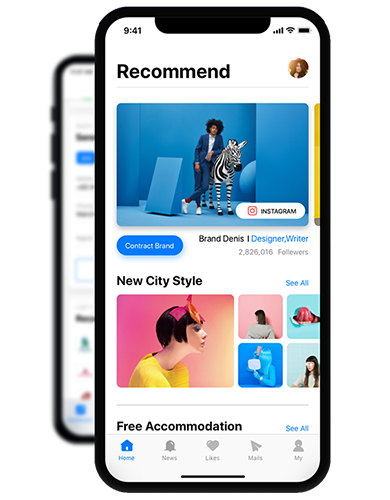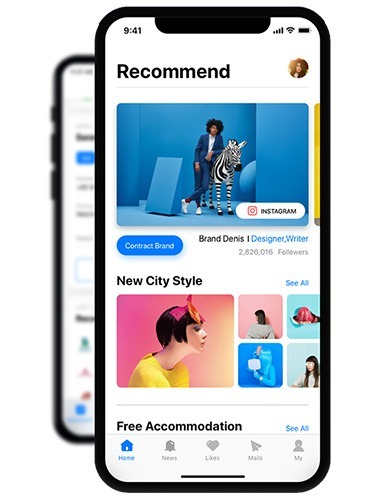Best Paid Media MarketingServices
An external marketing effort that involves a paid placement is referred to as a Paid Media. It includes PPC advertising, display ads and branded content. This is a vital component of revenue growth and brand alertness for online businesses. Paid Media Marketing is very much similar to conventional marketing, whereby you pay a third party to relay your message to other individuals. And when we talk about results, the results that matter to you leads, sales, conversion, revenue and utilization not only the performance that agencies like to measure. We are passionate about diving into business data to get a complete picture of customers, business and performance.




Digital Paid Media Channels
- Google Ads
- Bing Ads
- YouTube Ads
- Mobile and App Ads
- AdRoll
- Facebook Ads
- LinkedIn Ads
- Amazon Sponsored Links
- Twitter Ads
Why use paid media?
For some users, an endorsed post will be their first public relations to your business or brand. Whether yours is a new venture or already well established, the chance to spread your brand as extensively as feasible should be the top purpose.
At the outset, this might appear redundant. The major strengths of web marketing and social media are that they allow you to stay away from the typical pitfalls of paid publicity. However, paid media has a valid usage and can work in cycle with earned and owned media to help an online business grow up.
Monitor and adjust campaigns based on the performance of keywords, landing pages, and ad copy
Project Brief
Define client information & business goals along with all required information to properly complete discovery process.
Keyword research
Define potential target keywords based on business goals outlined in the Project Brief and opportunities found in the PPC Audit.
PPC Audit
Reate baseline for current website PPC performance based on analytics, landing pages, and current campaign statistics.
Competitive Analysis
Define PPC competitors and Ad Copy based on Keyword Research and determine areas of opportunity and risk.
Create a comprehensive PPC strategy and project plan that clearly outlines deliverables and measurable business goals
Paid Search Strategy
Define Paid Search, Display, and Remarketing campaigns along with ad copy, landing page recommendations, targeting methodologies and recommended budget.
Measurement Planning
Document measurable short-term and long-term goals to evaluate campaign performance
Implement landing page recommendations from the Paid Search Strategy through development or collaboration with the client
Content Implementation
Adjust website text based on the Content Strategy to reflect the keywords targeted in the Keyword Research document.
Technical Implementation
Implement edits to the website code based on the On-Site Strategy. This includes changes to page elements like meta information, canonical tags, no-follow links, and internal links. It also encompasses revamping sitewide elements like a domain’s robots.txt file, sitemap, Google Analytics account, and the domain’s connected Google Webmaster Tools account. It can even go so far as to involve changes to social media strategy.
Monitor and adjust campaigns based on the performance of keywords, landing pages, and ad copy
Project BriefShort-Term Adjustments
Change bids, ads, and landing pages based on short term performance indicators (daily or every few days)
Campaign Adjustments
Make global changes to the campaign based on trends that are identified over time (weekly or biweekly)
Provide regular reporting that includes analysis of campaign performance, KPIs, and goal tracking and adjust project plan based on results
Monthly Performance Report
Define client information & business goals along with all required information to properly complete discovery process.
Quarterly Review
Comprehensive overview of campaign and adjustments to the project plan based on the results achieved.

